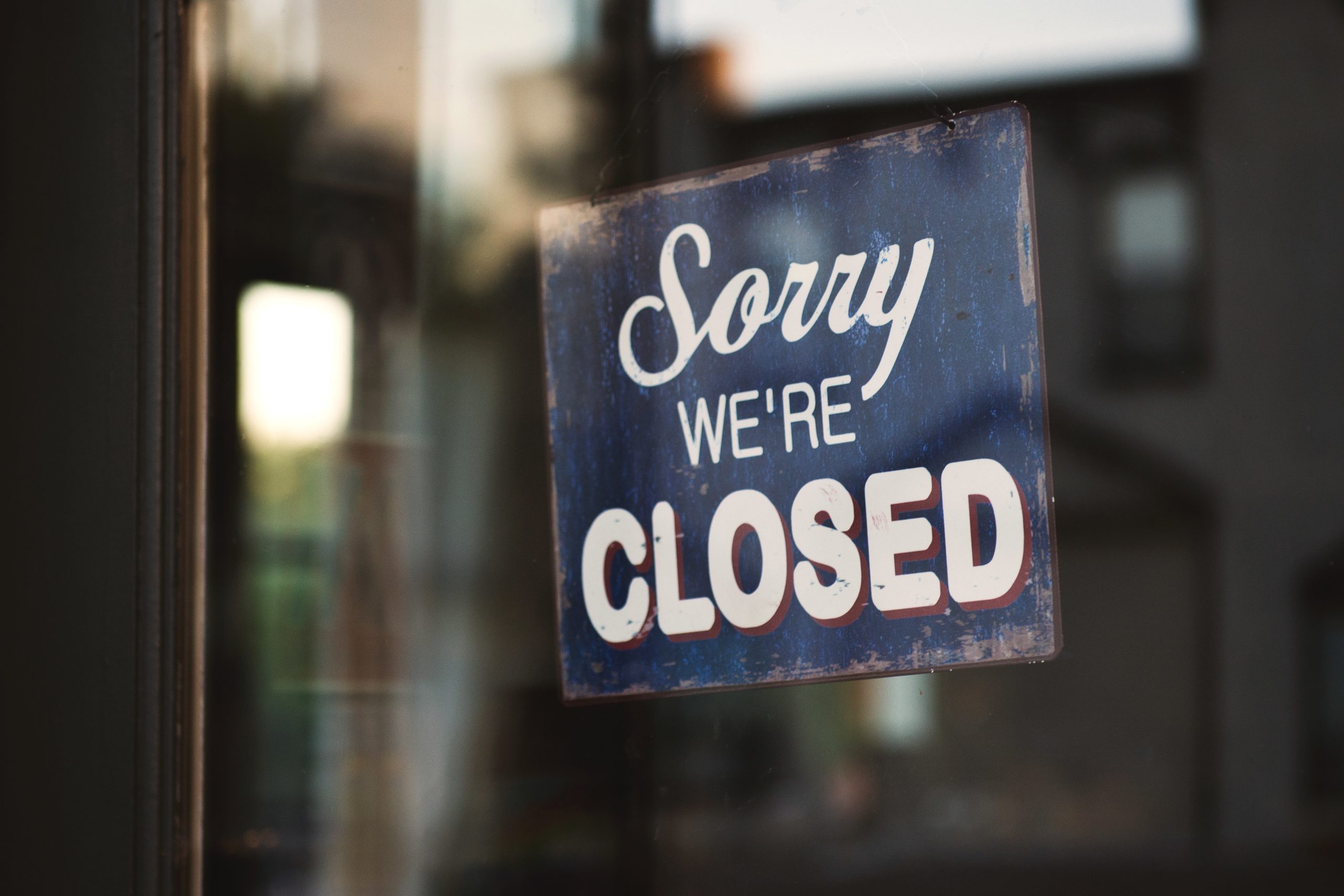featured insight
featured insight

Voter Opinions on the Economic Fallout of COVID-19
The second post in the ongoing national survey series about COVID-19, How Coronavirus is Changing America, focuses on job losses and public perception of the economy.
The economic disruption caused by COVID-19 is staggering. Despite the federal government’s passage of the CARES Act, PPP, and subsequent other bailout efforts, the U.S. economy has lost all of the gains it had achieved since the Great Recession. As of the publishing of this post, the over 26 million Americans have applied for state unemployment benefits in the last five weeks. Besides the jobless claims, millions of other Americans are struggling to survive in the face of pay cuts, furloughs, and drastically reduced hours.
We conducted a national survey to determine how voters are dealing with a loss of income, how they see the economy, and what they think the future holds for the economy. Our findings highlight the ways in which voters are impacted by an economic environment that seems to be in freefall toward devastation. The findings indicate notable trends related to party lines, demographics, and education levels.
Download the ebook for a detailed look at the reality of the impact of COVID-19 on the U.S. economy, and the way it is shaping public opinion and behavior.
Voters Are Looking at the Economy Through a Partisan Lens

Study Highlights
- More than half (53%) of voters who were employed in January 2020 now share a home where someone has been laid off, furloughed, or had hours or pay cut.
- 18% of voters who were employed in January 2020 have either been permanently laid off or live with someone who has.
- Voters who are paid hourly or based on commission are more likely to have lost income or be worried about losing income when compared to salaried employees.
- Voters are looking at the economy through a partisan lens, with 58% of Base Republicans perceiving the economy as “Excellent” or “Good” and only 18% of Base Democrats agreeing.
- Half of voters expect the economy to be left in worse shape after there is no longer a serious COVID-19 threat than after the Great Recession and the September 11 terrorist attacks.
This data comes from a Meeting Street Insights national online survey of 1,000 registered voters conducted March 29 – April 1, 2020.
What do you need to know? We can help. Get in touch or subscribe to our newsletter.

